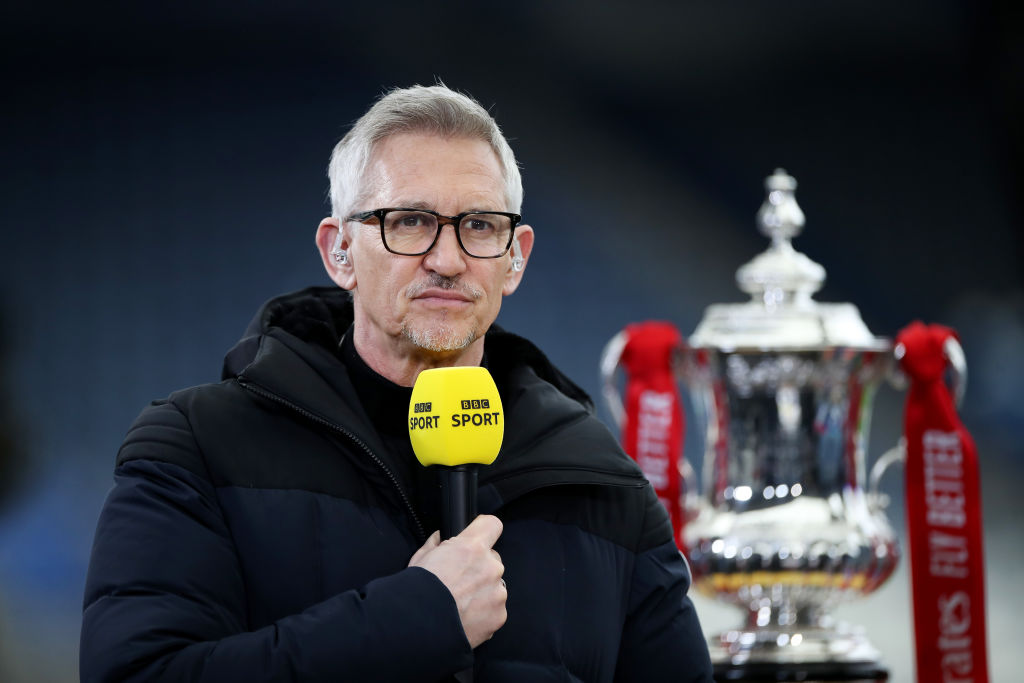BBC’s frozen licence fee pushes annual savings of £285m as broadcaster fights vicious talent wars

The BBC have aired concerns that the current funding settlement, where the licence fee is frozen for two years despite crippling inflation, could spell danger for the broadcaster’s long-term future.
Discussing the Beeb’s annual results this morning, BBC Chairman Richard Sharp said the “working assumption is that this [a frozen fee] will open up a funding gap”, which would require around £285m savings a year by 2027-28 to mitigate the losses.
It comes after Culture Secretary Nadine Dorries announced back in January that the amount paid by viewers would be frozen at £159 a year for two years and later rise alongside inflation until 2027.
Sharp said that whilst the BBC “would liked to have seen an inflation rise”, he recognised the licence fee was a “privilege”, and ultimately gave the broadcaster clarity to “live within the settlement”.
In reality, operating within the agreement means chipping away at the Beeb’s £573m cash reserves, as well as making “tough choices” amid 40-year high inflation and super-inflation in TV production.
The BBC has slashed public service headcount by 409 to 17,781 and cut senior manager roles by three per cent in the past year alone. This has played into its £274m of annual savings achieved by the BBC, and brought savings to a total of over £1bn since 2016/17.
Once again, all of this spells danger for an organisation that has made the headlines recently for some of its top talent fleeing to better paid gigs, including Emily Maitlis and Lewis Goodall.
On this, Director-General Tim Davie said that the BBC was operating in a “competitive market”, which had become even “more intense” as well-funded global players enter the UK market to snap up talent.
While there are exceptions, like football pundit Gary Lineker raking in £1.35m a year at the BBC, perhaps the talent war will only worsen as more cuts need to be made.
Moving forward, the government is expected to launch a funding review, which is likely to offer alternative models for the public broadcaster.
Davie said any model proposed should not have “unintended consequences” when it came to the impartiality or independence of the BBC.
According to the annual report, the BBC reaches 90 per cent of UK adults, and attracts an audience of half a billion people around the world each week.